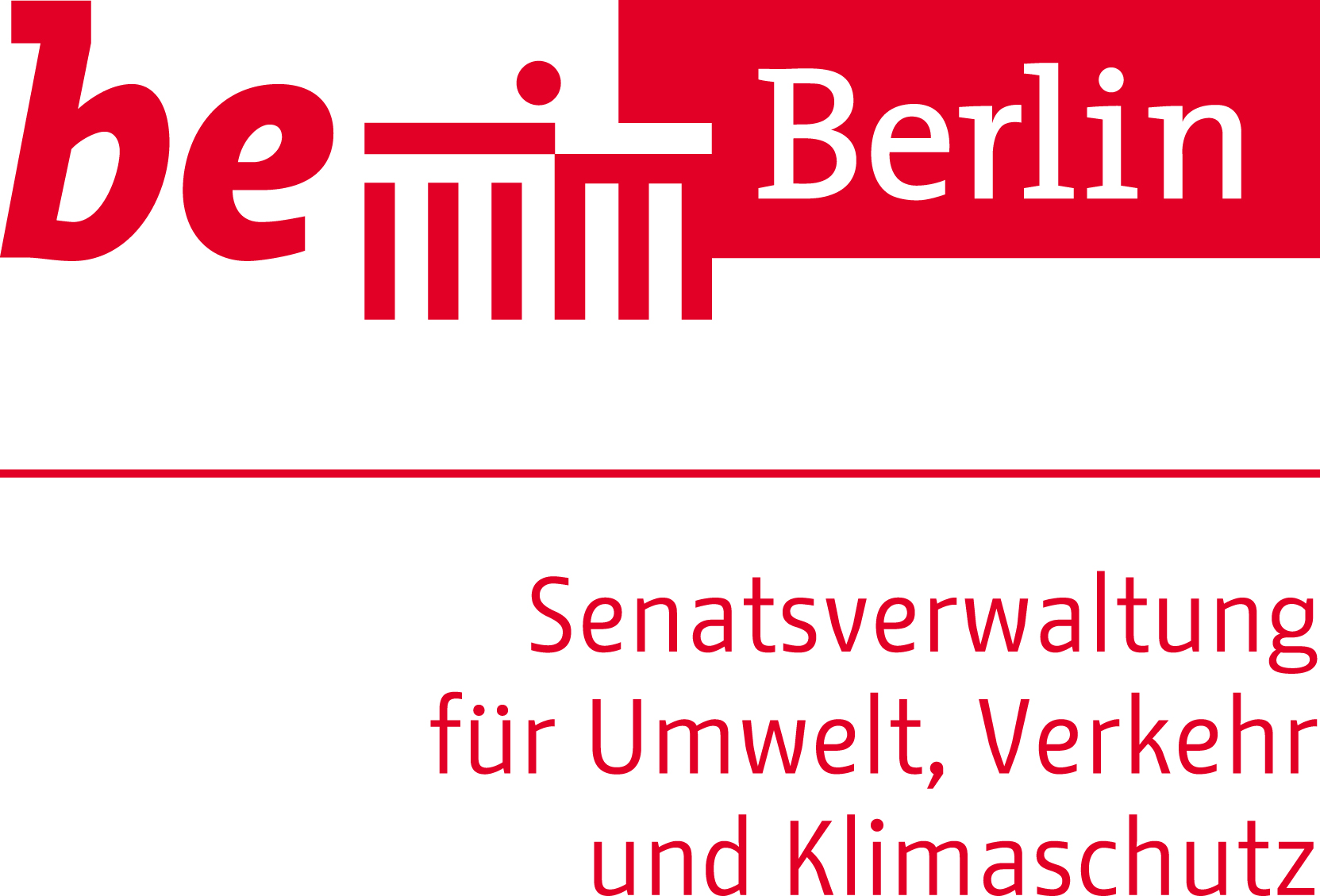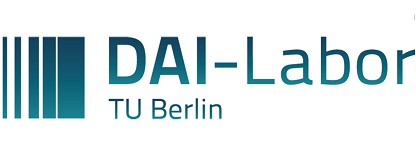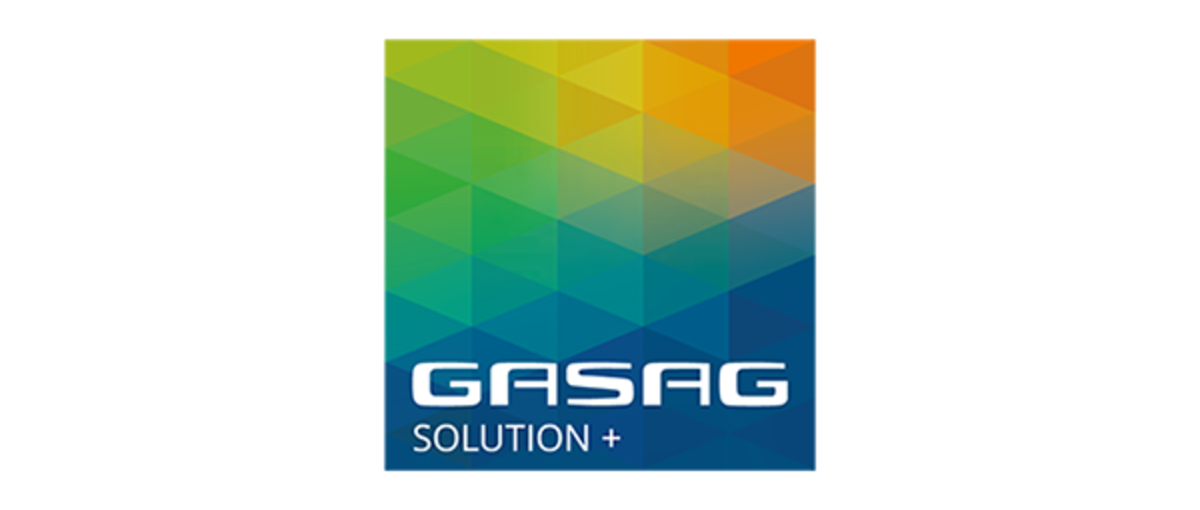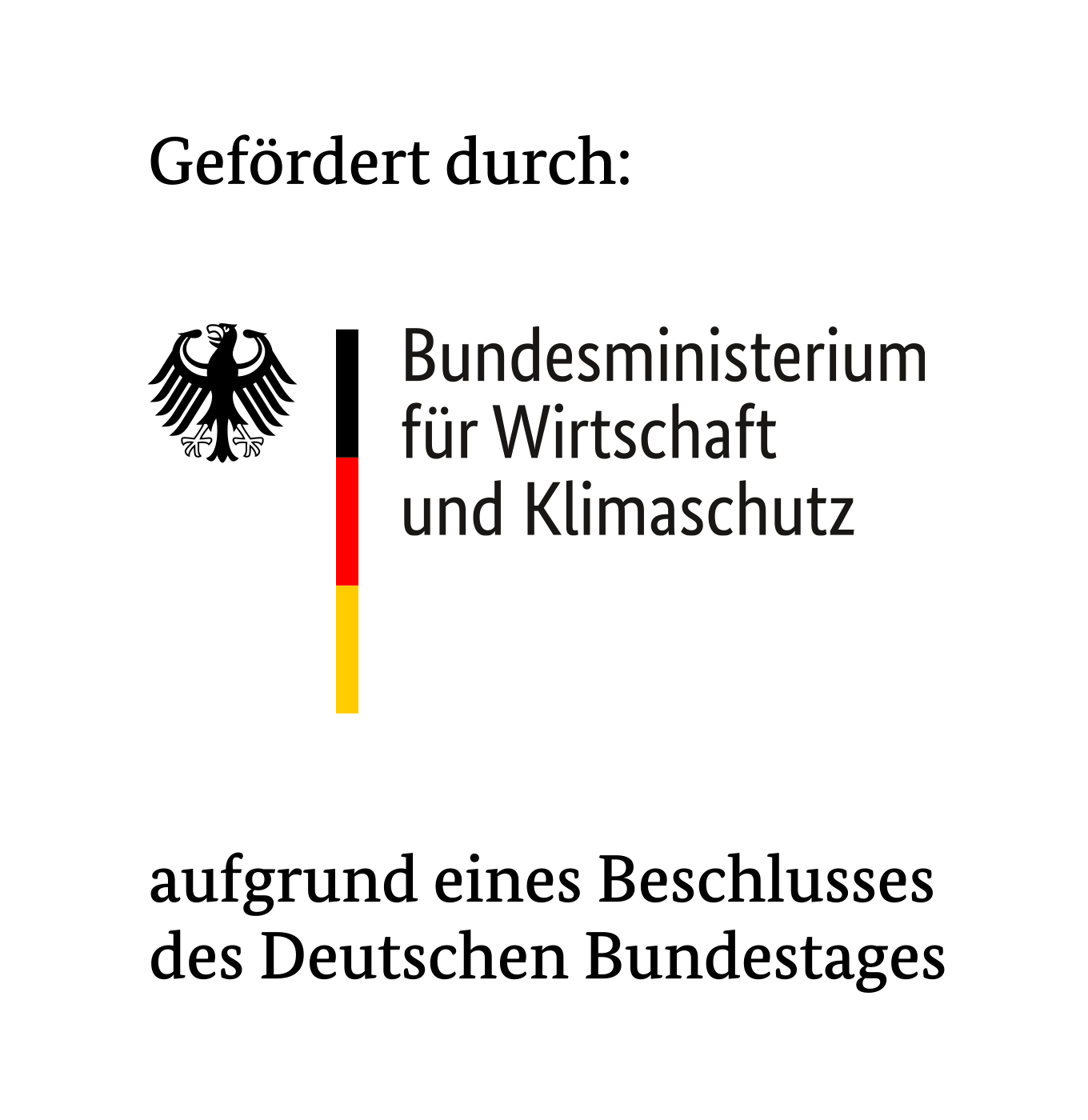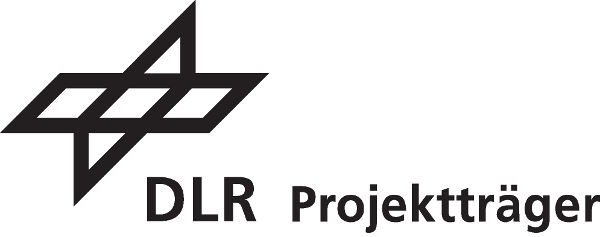
MENARET-Workshop
6. January 2019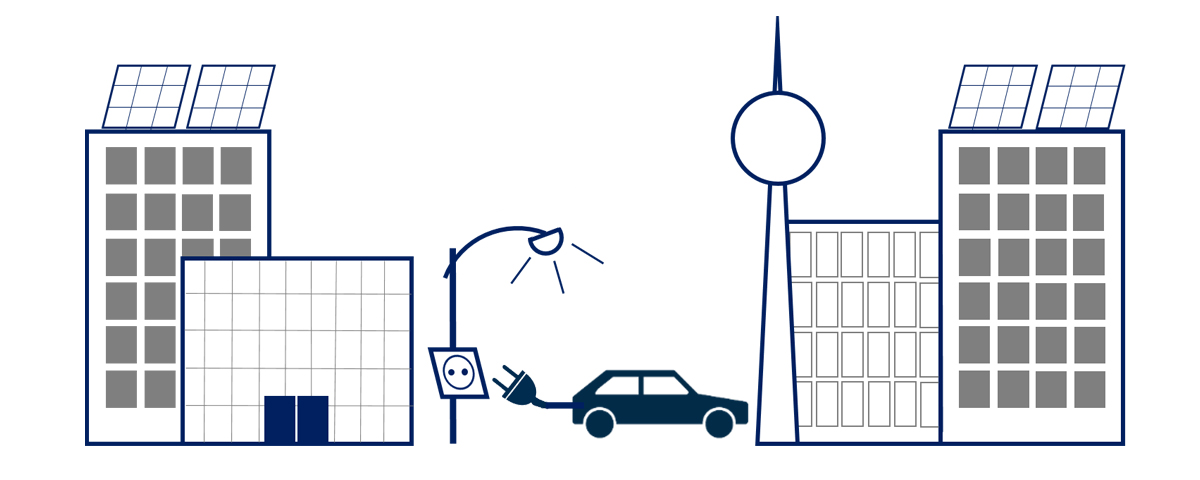
RLI is a partner in a project of the “Clean Air Immediate Program” in Berlin
10. January 2019ElMobileBerlin

Metrological monitoring and analysis of the overall project as well as analysis of renewable energy potential (sub-project)
The aim of this project is to contribute to the improvement of Berlin's urban air quality. By installing charging points for e-mobility, an incentive is to be created for car owners to trade their conventional vehicles with high emissions for e-vehicles. The mobile metering charging points will be integrated into street lamps and underground car parks, using technology developed by the project partner ubitricity.
Suitable measurement equipment will be installed at selected locations, put into operation, and results will be evaluated. The focus of this investigation is primarily on locations such as parking lots or underground car parks, where conventional vehicles emit particularly high emissions, as they have not yet reached their optimum operating point. This is critical at sensitive locations, such as kindergartens, schools, playgrounds, etc., where clean air is particularly valuable. For this reason, such locations will be given preference in air measurements if possible.
In addition, RLI will identify preconditions, challenges, and opportunities for the integration of e-vehicles into decentralized energy systems and conduct ananalysis for the potential integration of e-vehicles into larger regions.
The findings will be transfered for consideration in the strategic development of inner-city charging infrastructure and thus contribute to the sustainable reduction of nitrogen oxide levels. Furthermore, a subsequent analysis will focus on the potential of e-vehicles as mobile storages for renewable energy within energy systems.
Project Duration: 01.01.2019 – 31.12.2023
Suitable measurement equipment will be installed at selected locations, put into operation, and results will be evaluated. The focus of this investigation is primarily on locations such as parking lots or underground car parks, where conventional vehicles emit particularly high emissions, as they have not yet reached their optimum operating point. This is critical at sensitive locations, such as kindergartens, schools, playgrounds, etc., where clean air is particularly valuable. For this reason, such locations will be given preference in air measurements if possible.
In addition, RLI will identify preconditions, challenges, and opportunities for the integration of e-vehicles into decentralized energy systems and conduct ananalysis for the potential integration of e-vehicles into larger regions.
The findings will be transfered for consideration in the strategic development of inner-city charging infrastructure and thus contribute to the sustainable reduction of nitrogen oxide levels. Furthermore, a subsequent analysis will focus on the potential of e-vehicles as mobile storages for renewable energy within energy systems.
Project Duration: 01.01.2019 – 31.12.2023
RLI assumes the following tasks in this project:
- Identification of suitable measuring locations
- Imission measurements
- Development of a cause-and-effect model for charging infrastructure expansion and nitrogen dioxide emissions
- Data evaluation and sensitivity analysis to evaluate the reliability of the cause-effect model
- Potential analysis for the connection of e-mobility and renewable energy under planning aspects
- Development of a practical guide for decisionmakers forplanning the expansion of charging infrastructure






